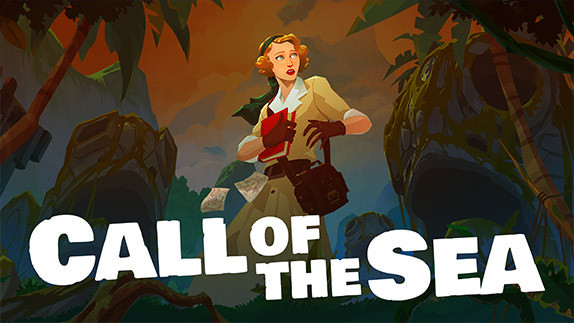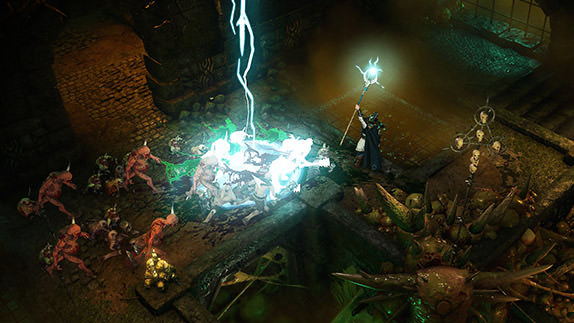The Jackbox Party Pack 4 Review

 By Kevin Mitchell | November 1, 2017
By Kevin Mitchell | November 1, 2017
After testing the waters with standalone releases, Jackbox Games has established a rhythm of releasing yearly compilation titles across multiple platforms since 2014. Each package contains five separate products, with some previously released individually at a lower price point. This year's collection features all-new titles, except for Fibbage 3, which builds upon its predecessor while maintaining its unique charm. I've found these games work best with family and friends who share similar humor sensibilities.
Since Fibbage's original release over three years ago, it has become a staple at family gatherings. Fibbage 3 refreshes the formula enough to prevent stagnation, even introducing an entirely new game mode. For newcomers to the series, players craft believable lies in response to questions, then vote on which answer they believe is correct. Points are awarded both for correct guesses and for fooling others with your fabrications. Since answers are typed on mobile devices, misspelled brand names or phrases become immediate red flags. Questions range widely, from Volkswagen's non-automotive products to Kris Jenner's 2012 tweets. New streaming features allow audience members to contribute their own lies, perfect for both online audiences and larger local gatherings beyond the eight-player limit. The new game mode challenges players to guess peculiar facts about each other, such as ideal perfect days or celebrity garage sale preferences.
Survive the Internet lets you delightfully twist others' words. Featuring a Windows 3.1-inspired interface, up to eight players respond to generated questions, with answers then distributed to other players who create amusing or unsettling headlines to recontextualize the original responses. Everyone votes on the funniest results, with substantial points awarded to clever headline writers and minimal points to original comment authors. It strikes an excellent balance between creative mischief and playful competition.
Civic Doodle, replacing the previous drawing game Drawful, supports eight players who begin by personalizing their name tags with real-time on-screen display. Players compete to enhance the town's mural project, building upon existing colored lines in head-to-head drawing battles. Since art appreciation remains subjective, winning depends entirely on group preferences. While two artists work, others can watch via television or spam their screens with emoji reactions. Subsequent pairs continue embellishing the winning selection until completion, though we experienced some rounds ending with players drawing over entire canvases. The game concludes with collective naming of the finished artwork. Additional rounds may involve drawing from prompts or adding specific elements to existing sketches.
Bracketeering, the only game supporting up to 16 players, adopts an NCAA March Madness-style tournament structure. Players create responses once, then bet on answers advancing through progressive rounds. Though the game offers mid-vote changes to create tension, we rarely found ourselves altering our decisions. Audience members can participate until voting closes. In one memorable tournament, the color "gray" emerged as an unlikely underdog victor against more provocative alternatives.
The collection's most ambitious offering, Monster Seeking Monster, combines dating simulation with hidden monster identities. It unexpectedly became our favorite game, especially after establishing a rule requiring pseudonyms to maintain anonymity. The speed-dating messaging format prevents automatic partner selection based on real-world relationships, leading to hilariously awkward moments. Mutual date selections earn hearts, while monster-specific powers can modify heart counts. For instance, serial killers steal two hearts by dating the same person twice. Monster powers reveal sequentially based on unrevealed leaderboard positions.
Simply Put
The Jackbox Party Pack 4 demonstrates continued innovation within an established formula. While Fibbage represents the collection's only sequel, its updates refresh the experience admirably. The series' greatest strength remains its accessibility - anyone with a browser can join. Though PlayStation 4's PlayLink titles offer new competition, Jackbox's app-free approach keeps these games essential for social gatherings.
Note: The Jackbox Party Pack 4 was reviewed on PlayStation 4. A digital copy of the game was provided by the publisher/developer.




